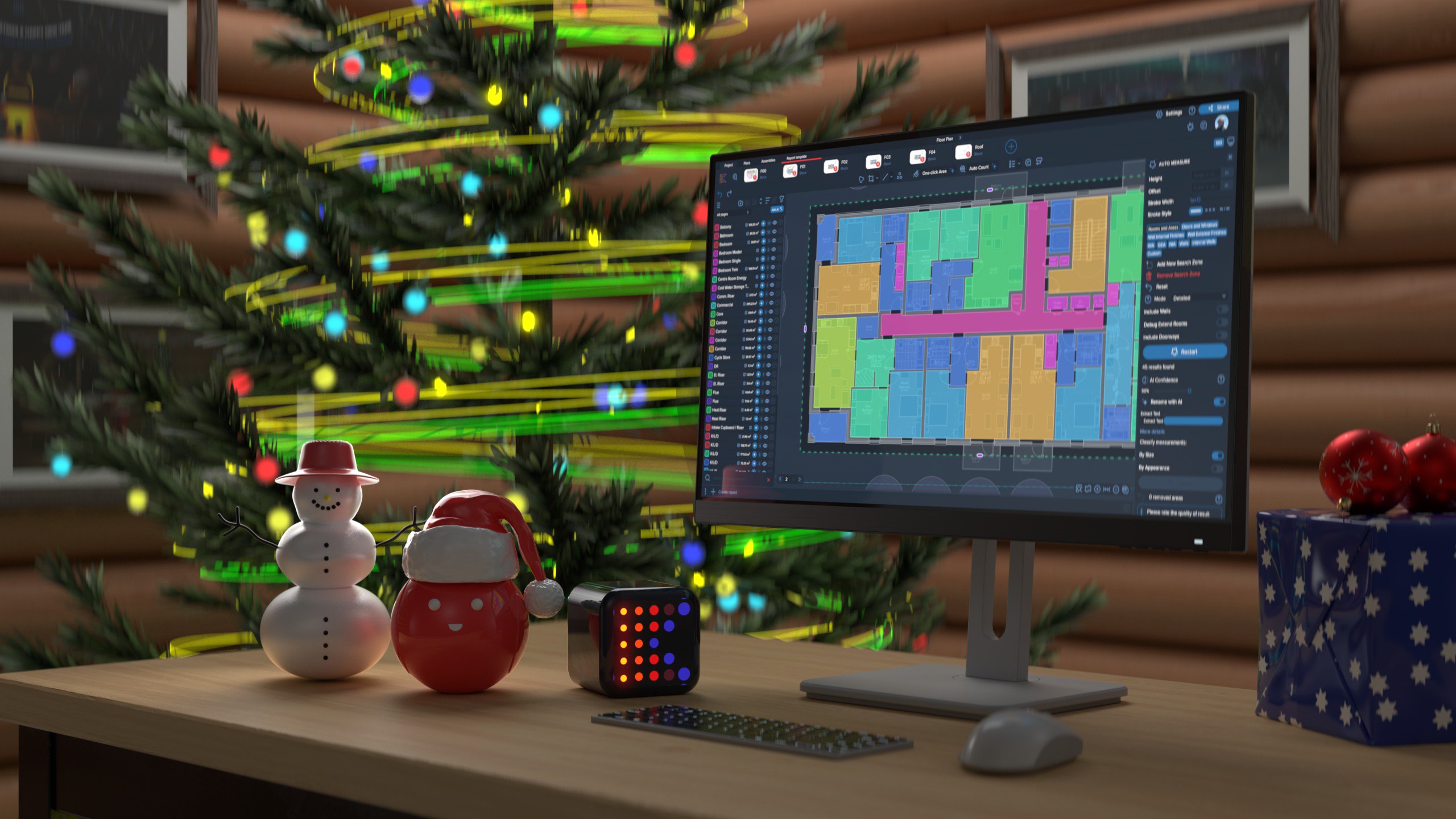Stress is a given in life — especially if you’re constantly entrenched in a stressful environment. Nearly 65% of adults in the workforce report their work as their top stressor in life — a position that has remained the same from 2019 to 2021. Those in high-pressure industries, from interns to managers, must deal with stress daily and are often losing an impossible battle. At some point, stress can affect more than just your mental health — it can manifest in your physical health too.
However, it’s never too late to reverse these impacts, even if you work in a high-pressure industry. Certain technology can even be harnessed to reduce the stress you experience daily. No matter the tactic, any action is better for your mental health than no action if you work in a stressful environment.
Understanding Stress in High-Pressure Industries
As mentioned, stress is not an unusual concept for the average working person in the United States. However, certain industries are more prone to high-pressure environments, which may have higher rates of employee burnout, workplace stress, and other mental health conditions.
Take construction, for example — 80% of employees in the industry report experiencing stress. Healthcare workers may experience similar stress, which has been reflected in a mass exodus in the profession — particularly because of pandemic-induced burnout. Those working in banking or finance may also experience daily stress since they often have to face unhappy clients who are also stressed.
Tight deadlines, relentless workloads, and other constant demands lead employees to find solutions that can do work quicker and even automate processes for a more balanced work life. Healthcare, one of the most high-pressure industries, is advancing rapidly through the use of emerging technologies. For construction professionals, many are leveraging AI technology used with their construction takeoff software to estimate materials, map floor plans, and more.
No matter if you work in construction or the medical field, there are shared common factors that make these workplaces stressful without intervention.
Common Sources of Stress
Every job comes with its own stressors, but there are shared experiences among high-pressure industries that affect employees’ well-being. This includes:
- Long hours: In a meta-analysis of data collected from 1998 to 2018, one 2019 study found that employees who worked long hours or overtime were more likely to have adverse health outcomes compared to those who didn’t work long hours. This report also found that employees who worked more than 10 hours a day or more than 45 hours a week experienced psychological stress.
- High expectations: After failing to meet unsurmountable goals, employees may feel insecure, bitter, and even more stressed than before.
- Long-term deadlines: As opposed to short-term deadlines, long-term deadlines that are often associated with school work or construction projects may provide the grounds for employees to procrastinate, which increases stress and other mental health conditions.
- Difficult working conditions: This may encompass a variety of stressors, but mainly it also includes hazardous workplace conditions that are often associated with physical labor. As a way to reduce these stressors, employers are integrating AI and other technology to improve employee safety and mental well-being.
These stressors are more than just a minor inconvenience. If they become too much for employees to handle, these stressors can mean the difference between employee safety and may even affect the well-being of clients or patients.
Effects of Unmanaged Stress
Stress doesn’t occur in an echo chamber. It affects all facets of your well-being. Here are just a couple of areas of your life that stress may affect:
- Health: Left unmanaged, stress can affect your mental and physical health in a variety of ways. In the short term, you may experience migraines, shortness of breath, and a change in appetite. These symptoms may be manageable, but when exposed to chronic stress, people may be more at risk of developing a cardiovascular condition such as hypertension, a heart attack, or a stroke.
- Social life: When you are stressed, you typically experience symptoms such as irritability and frustration, and self-isolation. One 2021 study found that respondents who reported stress one day were more likely to self-isolate and avoid social interactions the next day. Although self-isolation is a coping mechanism, it can also increase your stress as well as you’re not reaching out to your support system.
- Work performance: One 2022 study that evaluated the stress levels of healthcare workers in Pakistan during the COVID-19 pandemic found that workplace-instigated stress, depression, and anxiety strongly impacted employee performance. Although there are myriad cultural differences between Pakistan and the United States, the impacts of stress on employees in high-pressure industries like healthcare echo across global barriers.
Stress is a cumulative health risk as well. The longer you leave stress unmanaged, the worse your health will be over time.
Strategies for Managing Work-Related Stress
Despite the varied effects of stress, it’s never too late to treat it and any related symptoms.
Strive for Work-life Balance
Since one of the main stressors of high-pressure industries is long hours, employees must find ways to minimize this factor whenever possible. This may also involve setting strict boundaries of when to work and when to clock out. It also may involve setting a strict schedule and routine that involves sleep, exercise, and time to eat a balanced diet.
A routine with these elements will help your overall health, which may help you stay resilient against any stressors involved in work. You’ll also be able to sleep better at night, which will give you more energy to minimize any stressors that may cause someone to feel overwhelmed.
Delegate and Seek Support
Rarely do employees work alone. Instead, most workforces operate through teams. Inevitably, the workload can sometimes spread unevenly, or some employees will bite more than they can chew when it comes to their bandwidth. If you find yourself in either position, you may inevitably commit poor time management habits, which can add to your stress and even lead to burnout.
Delegating your tasks, and seeking help from others is all a part of time and workflow management. If you still find that you and the rest of your team are overwhelmed, you can utilize time management software that can help you estimate the time-spend of your tasks, and allocate specific roles from there.
Beyond your work life, you should also seek support from your personal life as well. Those around you can lend thoughtful feedback or even space to vent that can help alleviate some stress that may have built up during the day.
Automate Repetitive Tasks
As mentioned earlier, many employers are finding ways to automate tasks for workplace safety. However, some of this technology can also take over more repetitive tasks that may deteriorate the mental health of employees. Here are just a few examples of tasks AI can now undertake:
- Crafting emails;
- Estimating materials needed for construction projects;
- Highlighting errors in production that may risk employee safety;
- Analyzing data for proper diagnoses in healthcare.
With the help of AI, employees may have more mental bandwidth for bigger-picture projects that require human insight.
Prioritize Self-Care
Above all else, self-care should be a priority if you’re trying to manage your stress. Self-care looks different for everyone, but it may be helpful to start your routine with the following tips:
- Start a gratitude journal.
- Regularly practice meditation or breathing exercises.
- Prioritize hydration and healthy meals.
- Exercise for at least 30 minutes every day.
- Connect with your support system.
At the end of the day, self-care is simply finding ways to set your future self up for success, so you’ll have more mental capacity to handle stressors in your work environment.
Industry-Specific Stress Management Tips
However, these aforementioned tips may not be enough in certain industries, and employees in the following sectors may need to look into additional stress-relieving actions. Here are a couple of suggestions, based on just a couple of high-pressure industries.
Financial Services
Those that work in financial services are often familiar with stressors such as unhappy or frustrated clients about their own financial situation and long working hours.
Unfortunately, most don’t have the time to compartmentalize these stressors — for example, over 71% of those working in financial services in the U.K. report that they often have little time to decompress from their daily obstacles. Employees in this sector can find time to destress in the following ways:
- Utilizing technology that can help you save time, especially when working for clients that work in construction.
- Applying to jobs that offer flexible working schedules.
- Seeking out telehealth services that may help you save time commuting to a traditional therapist’s office.
- Prioritizing self-care activities, no matter how small, throughout your day.
If you find that your mental health is still suffering despite using these tactics, reach out to your doctor and your immediate supervisor for advice on how to cope.
Healthcare
The CDC published a guide in 2023 for mental health and burnout support among healthcare workers that included some of the following tips:
- Prioritize breaks during any shift — no matter how long or short.
- Exercise whenever possible.
- Talk about your mental health with your coworkers, supervisors, and your personal support system.
- Learn how to accept the things you can and cannot control.
It’s also important for you to reach out to mental health services — in person or telehealth — if it’s available to you.
Construction
Similar to other professions listed above, those that work in construction can cope with their stress in the following ways:
- Improve your time management skills by scheduling your projects in advance.
- Get at least seven hours of sleep at night to help you recover — mentally and physically — from your day.
- Utilize technology at your disposal that may help you cut corners for repetitive tasks, whether you’re a contractor or a quantity surveyor.
No matter your profession, your stress is a valid concern. Addressing it in any shape will help you cope with your daily work and propel your professional life even further.




.png)